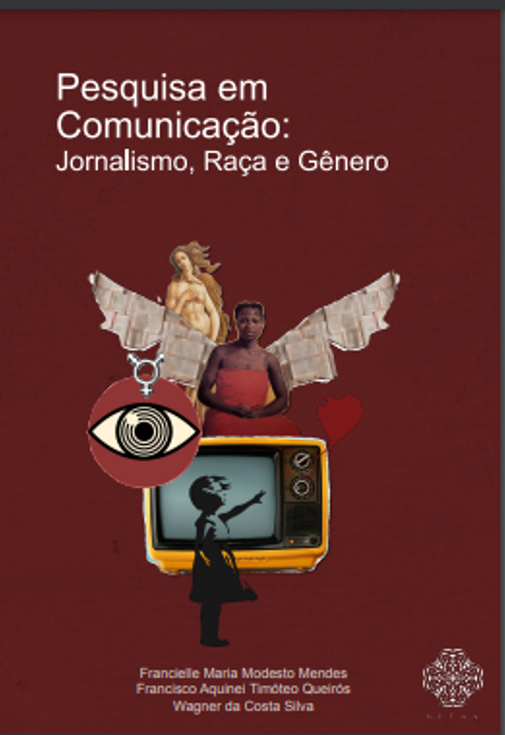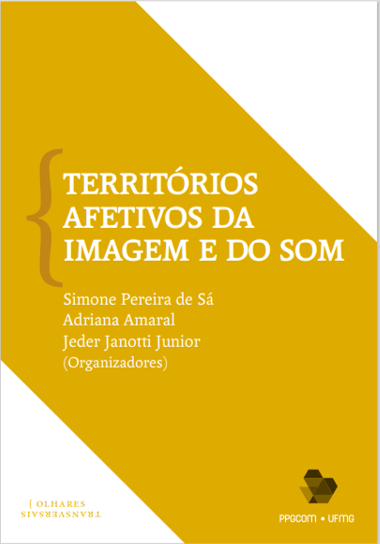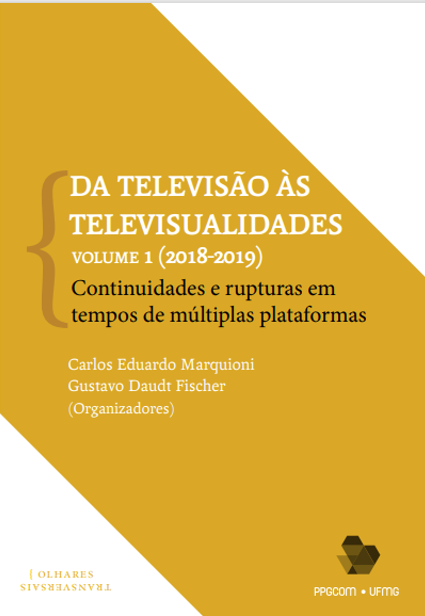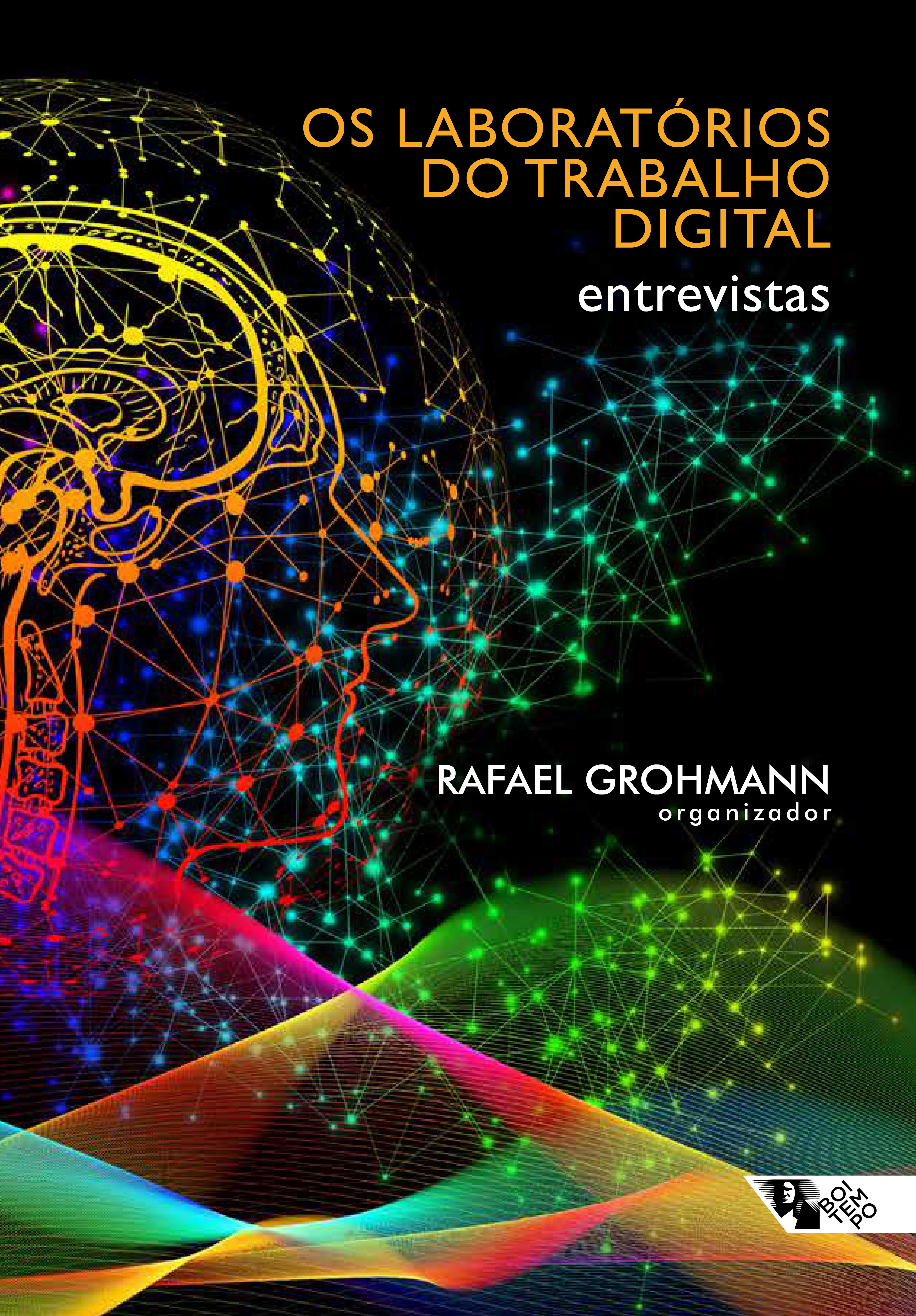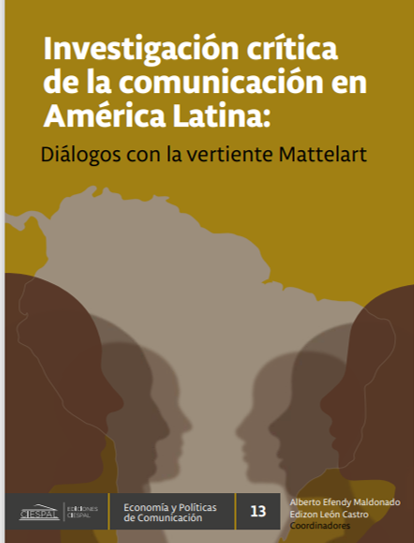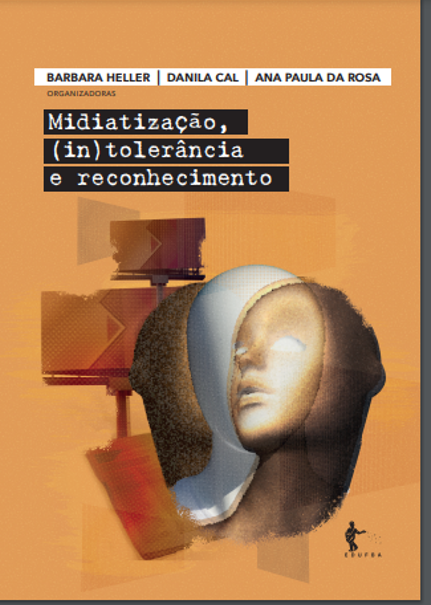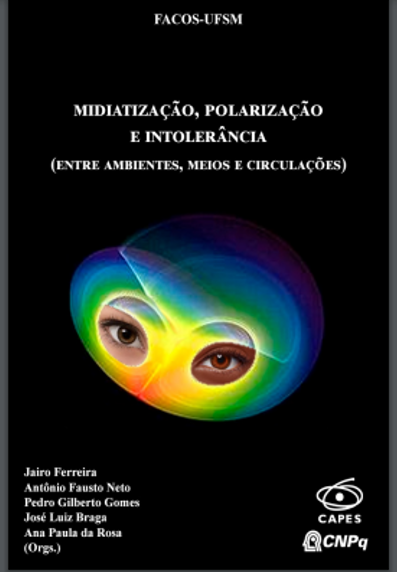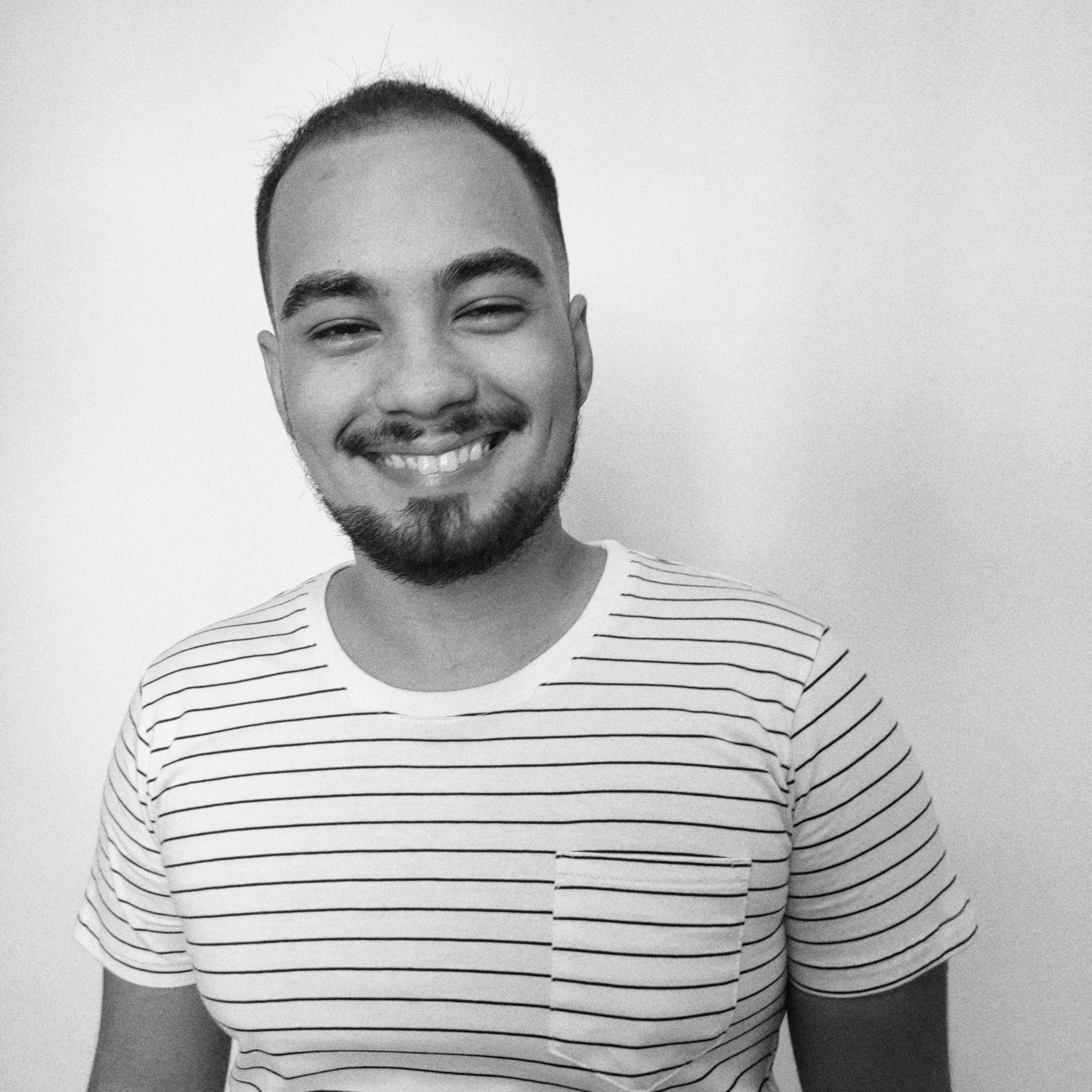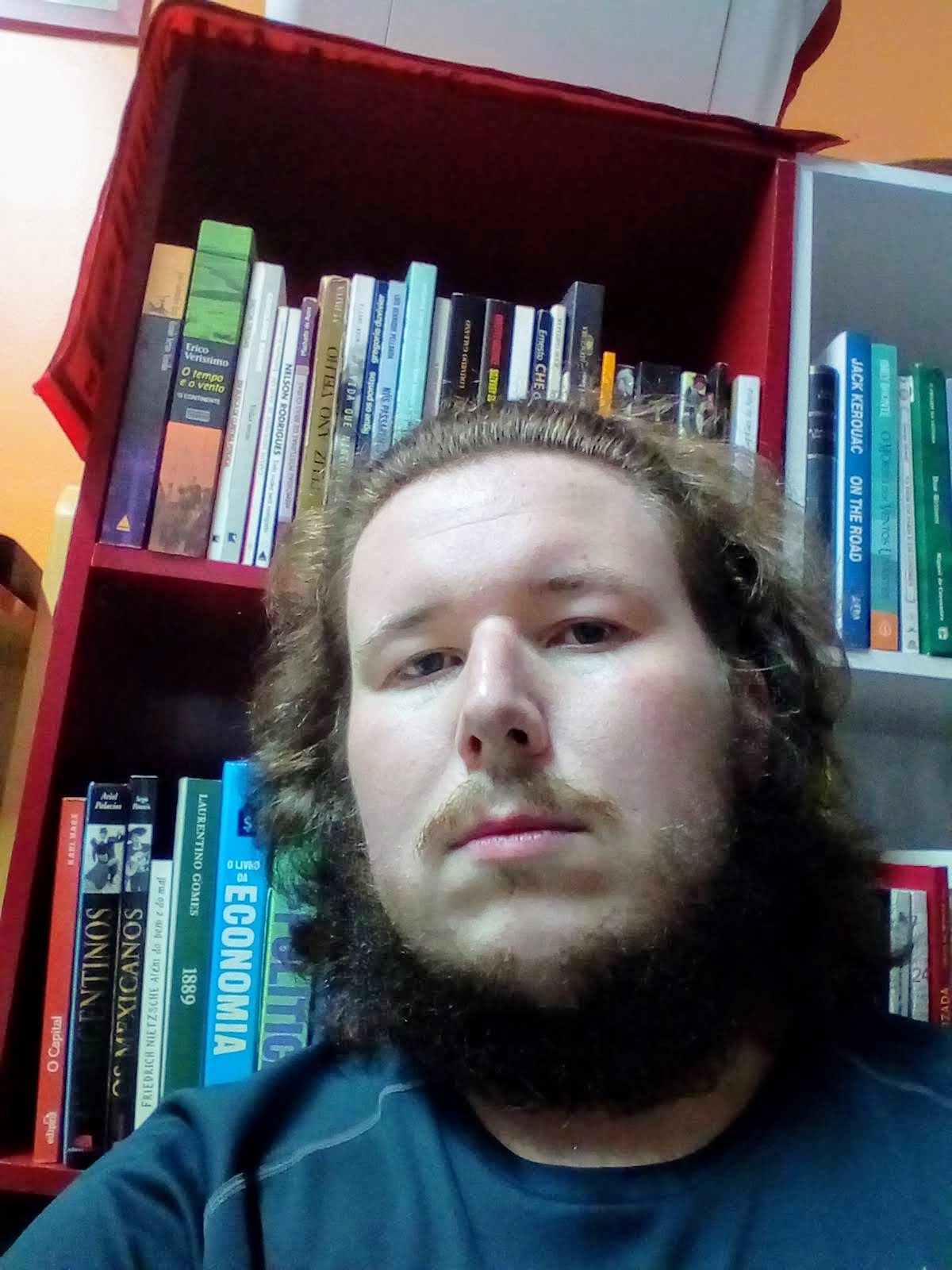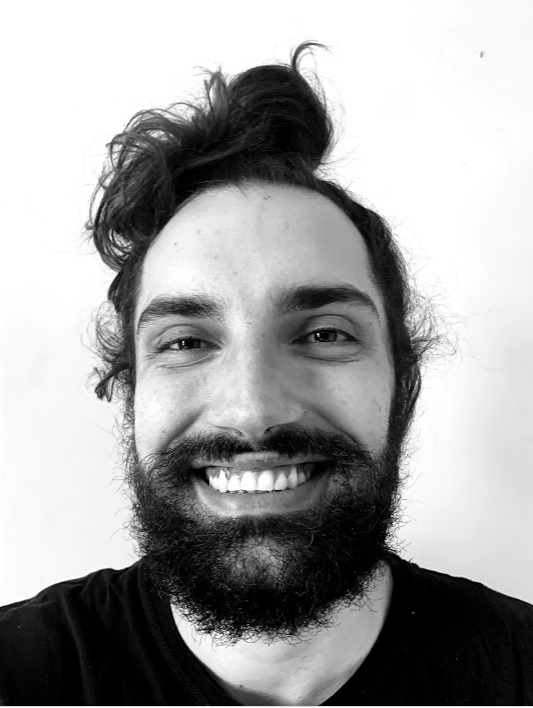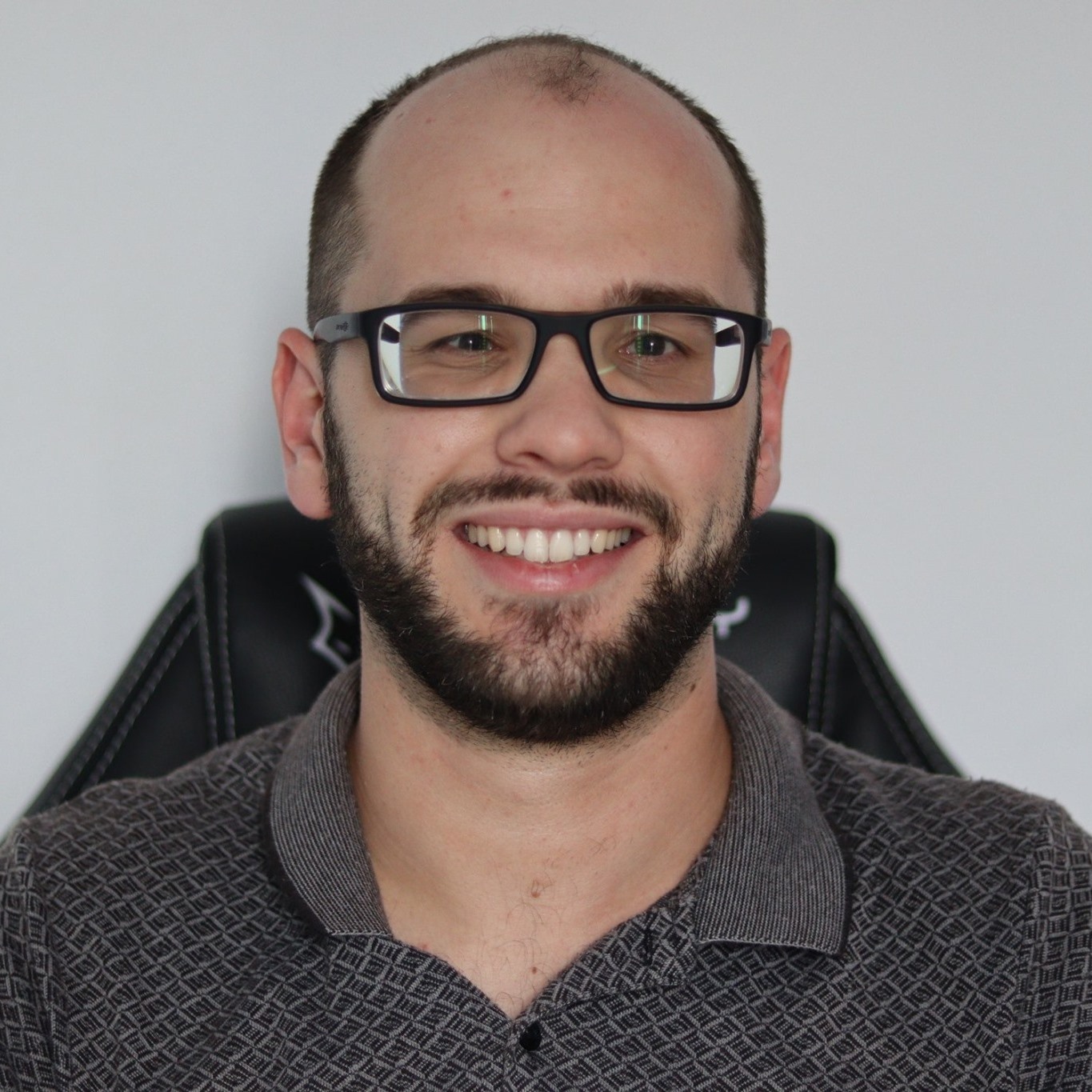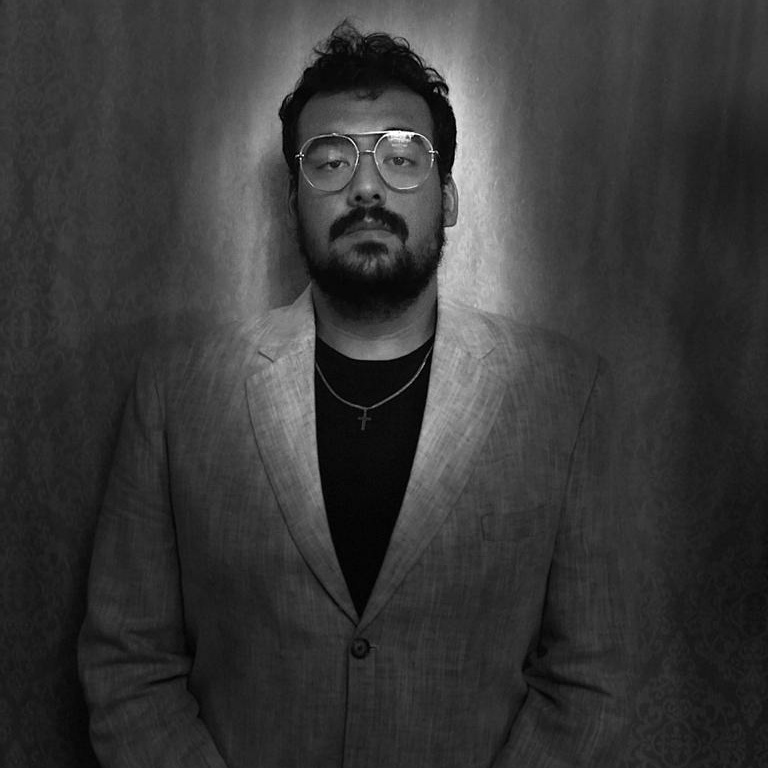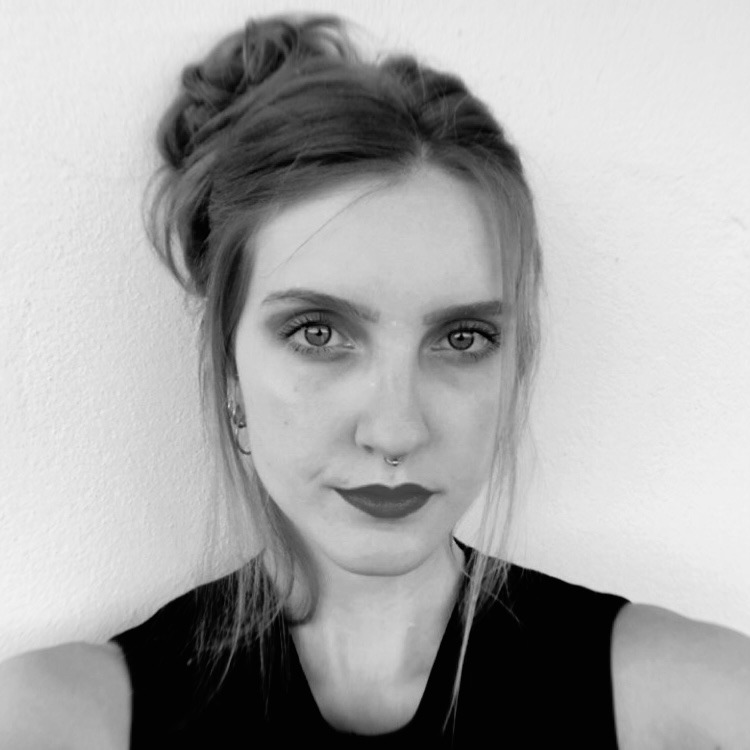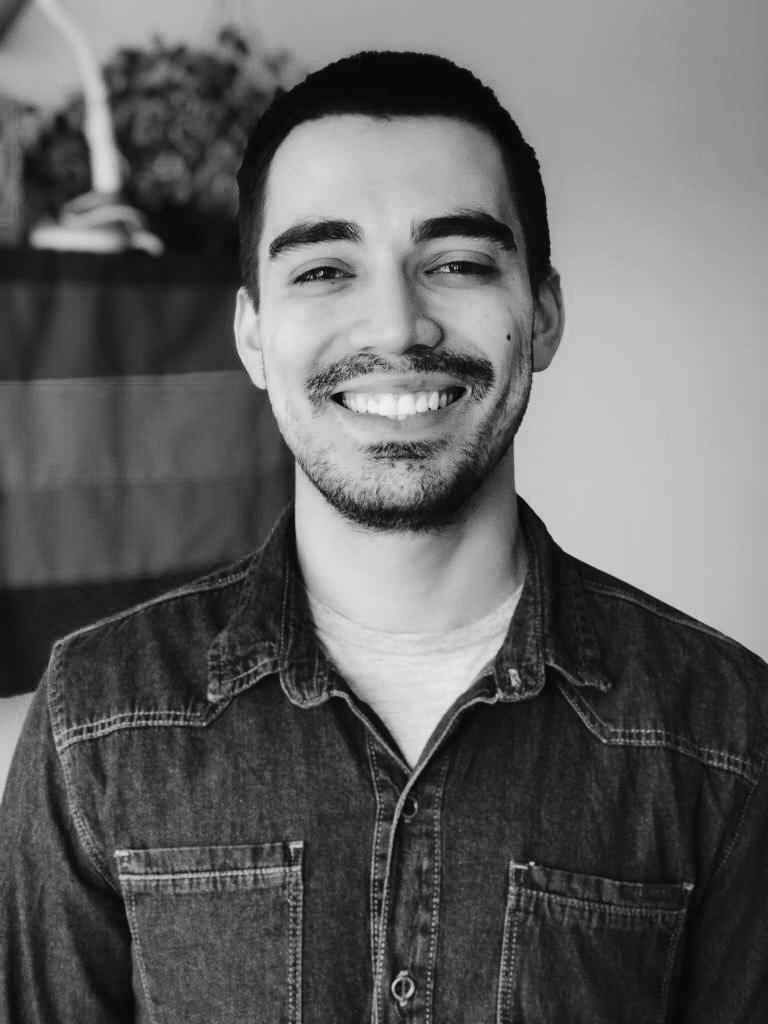Philosophy (MA/PhD)
Overview
21 years of Teaching, Research and Education.
The Graduate Program in Philosophy of the University of Vale do Rio dos Sinos - UNISINOS, Recognized by Ordinance 16/2002 of the Higher Education Chamber of the CNE, homologated cf. D.O.U. of January 29, 2002, and Ministerial Ordinance No. 467/2002, of February 25, 2008, started its activities in 2001, with the creation of the Master's Course in Philosophy and, in 2008, it expanded towards its consolidation , with the Doctoral Course in Philosophy.
The Unisinos Graduate Program in Philosophy trains professionals who are able to examine, with technical accuracy and originality, emerging and classic problems of philosophical thought, contributing decisively to the scientific field of philosophy with regard to regional development, national and intern
ational, as it develops research at the interface with the challenges of these areas, in addition to acting in research and teaching.For the Program, the challenges are presented through themes in the three research areas, namely: Ethical Systems; Language, rationality and the discourse of science; Social and Political Philosophy.
The Postgraduate Program in Philosophy maintains a partnership and co-tutelage agreement and double title with the Faculty of Philosophy of the Università degli Studi di Padova and the Doctoral Program in Philosophy of the University of Québec à Trois-Rivières (UQTR) and stands out for its academic excellence in a trajectory of qualified existence.
The Unisinos Graduate Program in Philosophy aims to expand and seek internationalization through Research Groups and networks that are established, in particular, through scientific meetings and maintains academic excellence, recognized by CAPES, and currently counts on note 5.
This program is also available:
Check it out:
Emphasis: Philosophy
The Unisinos Graduate Program in Philosophy trains professionals capable of examining, with technical accuracy and originality, emerging and classic problems of philosophical thought, contributing decisively to the scientific field of philosophy with regard to regional, national and international, since it develops research at the interface with the challenges of these areas, in addition to acting in research and teaching. For the Program, the challenges are presented through themes in the three research areas, namely: Ethical Systems; Language, Rationality and the Discourse of science; Social and Political Philosophy.
Lines of action
In this line of research, classic themes on Ethics and the contemporary problems of Metaethics and Applied Ethics are investigated. Furthermore, central issues about the rationale for the is–ought problem, the justification of the first principles, and the relations between ethics and culture. Besides, in the field of practical philosophy, it attempts to establish the interdisciplinary dialog, a current urgent topic, with other areas of knowledge and human activity.
This line of research deals with philosophical issues understood under these thematic frames of reference, meeting the demands posed by the contemporary philosophical problematization in questioning their mutual relations and in its necessary interface with science in the construction of reality. Therefore, it starts from the exploration of language, rationality, the discourse of science in its several dimensions, exploring the scopes and the limits of the conceptions involved, besides their inter-relations, in courses that contemplate the different philosophical aspects involved: logical, ethical, epistemological, and ontological.
The tension that articulates theory and practice is studied in this line of research, aiming and building theoretical frames of reference to reflect upon relevant social and political issues. It is our intention to promote a productive, emancipatory, and transdisciplinary dialog with other areas, such as Social Sciences, Law, History, Psychology, and Education. Therefore, the research on the current ethical, political, and social challenges is emphasized: globalization of economics, unidimensional massification of technology and culture, unidirectionality of world politics, and technoculture. Moreover, ideology, power, Human Rights, theories of History, and theories of Justice as investigated.
Master's Degree Curriculum
The master's degree consists of 30 credits, distributed as follows: two credits equivalent to the Thesis Seminar; Twenty credits equivalent to courses, of which at least 8 (eight) in courses in the Line of Research students and their advisor professors are associated with; one credit related to a publication (or acceptance to publication) in an area-related journal and on paper presentation in an area-related event; five credits related to the thesis approval.
Courses - Areas of Study: Ethical Systems
- Is–ought Genesis and Structure (4 credits) - The Great Ethical Systems (4 credits) - Ethics and Culture (4 credits) » Ethics and History (4 credits) - Bioethics (4 credits) » Environmental Ethics (4 credits)
Courses - Areas of Study: Language, Rationality, and the Discourse of Science
- Analytics of Language (4 credits) - Argumentation Theory (4 credits) - Phenomenology and Hermeneutics (4 credits) - Ontology and Language (4 credits) - Discourse of Science (4 credits) - Rationality of Science (4 credits)
Courses - Areas of Study: Social and Political Philosophy
- Philosophy and Society (4 credits) - Philosophy and Politics (4 credits) - Philosophy and Law (4 credits) - Philosophy and History (4 credits) - Theories of Justice (4 credits) - Theories of the Subject (4 credits)
Common Courses IN THE Areas of Study
- Thesis Seminar (2 credits) - Special Topics 1 (1 credit) - Special Topics 2 (2 credits)
PROFESSORS
The student of the Philosophy Graduate Program has at your disposal a faculty composed mostly of masters, doctors and post-doctor, with national and international training and recognized professional experience.
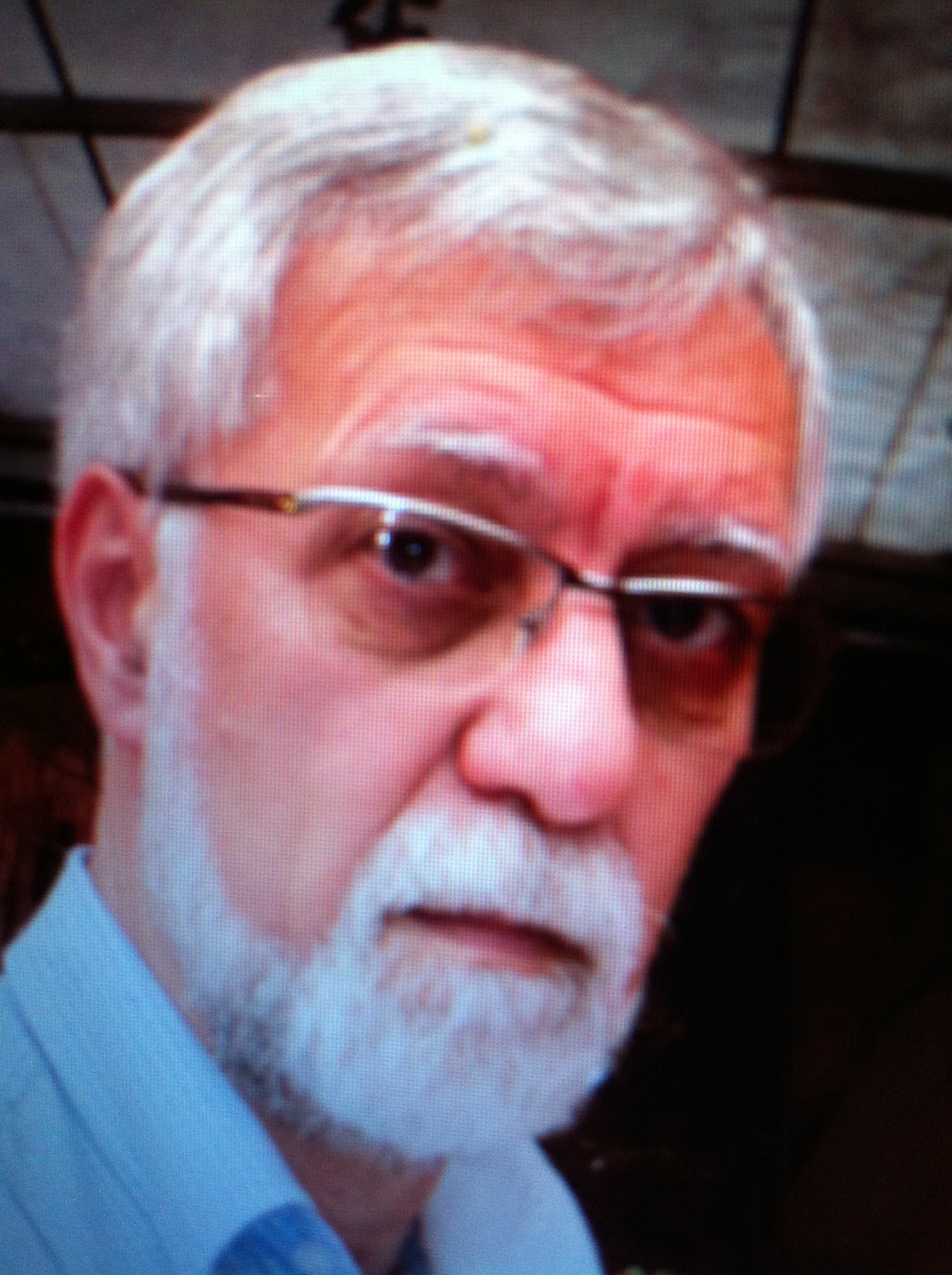
Alvaro Luiz Montenegro Valls
Doutor em Filosofia alvalls@unisinos.brAlvaro dis his postdoctoral studies in Heidelberg during the 1970´s, working on the philosophy of Adorno and Kierkeegard. As a professor of philosophy at UFRGS, he worked on Aesthetics (at IFCH and at the Institute of Arts), Ethics (he is the author of What is Ethics, Ed. Brasiliense) and Bioethics (working with HCPA). He has studied and translated the works of Kierkegaard for decades, and as a professor at the UNISINOS is currently working on modern German philosophy (from Kant to Nietzsche). He knows many musical works by Mozart and Wagner. Among the thinkers of the 20th century, he is more familiar with Adorno and Singer.

Castor Mari Martin Bartolomé Ruiz
Doutor em Filosofia castor@unisinos.brFull Professor (PT) of the Post-Graduate Program in Philosophy at the University of Vale do Rio dos Sinos (UNISINOS). Coordinator of the UNESCO Human Rights Chair. Member of the board of the Ibero American Association of Political Philosophy (AIFP). Coordinator of the CNPq Research Group, "Ethics, biopolitics and Alterity". Takes thematic courses in postgraduate studies and research in the areas of ethics, subjectivity, alterity, power, violence, human rights and democracy

Denis Coitinho Silveira
Doutor em Filosofia deniscs@unisinos.brReasearch Interests in Ethics and Political Philosophy, with emphasis on the themes of practical rationality, normativity and justification. Study of the theories of justice, virtue ethics and neo-contractualist ethics, with special attention to the following problems: justification of punishment, moral responsibility, luck and moral ignorance, the scope of ethical knowledge, democracy and human rights.
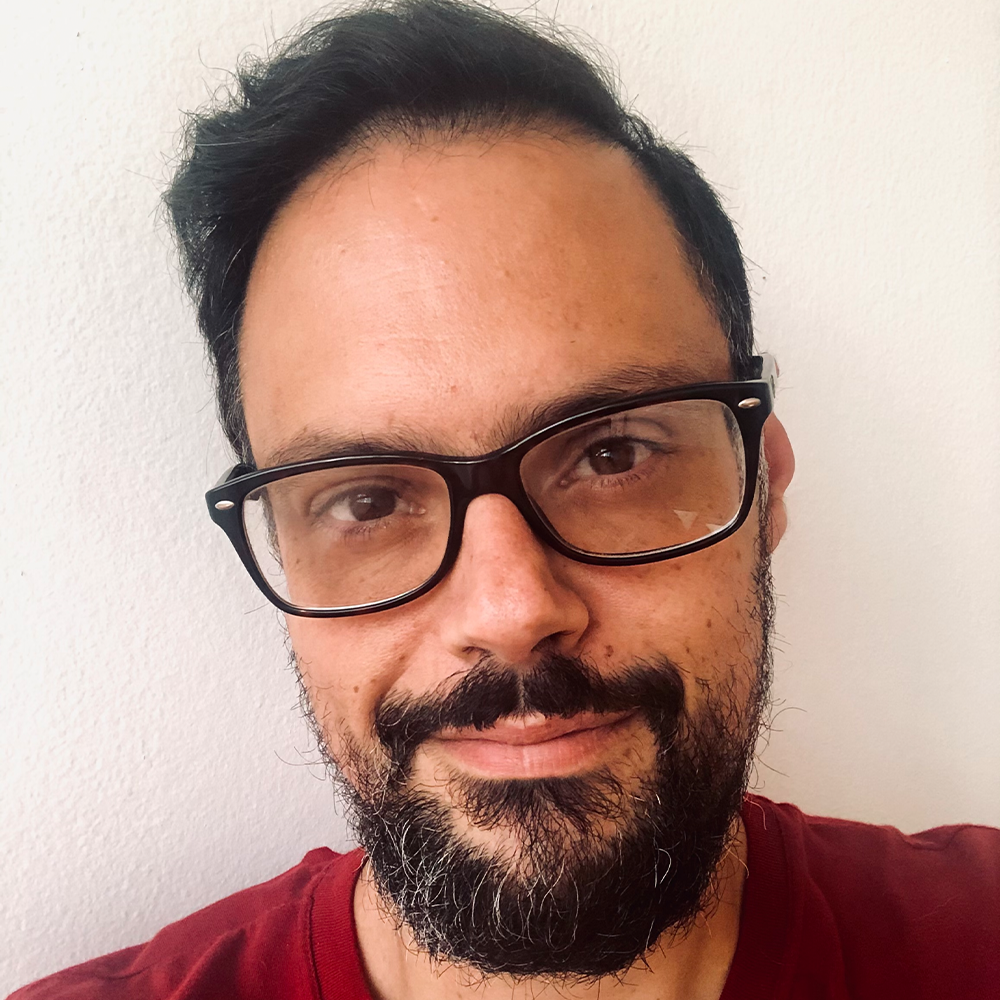
Gabriel Ferreira da Silva
Doutor em Filosofia gabrielferreira@unisinos.brGabriel Ferreira, BA, MA, and PhD in Philosophy. Visiting Scholar at Hong Kierkegaard Library (USA), and at Søren Kierkegaard Forskining Centeret (Denmark). Areas of Competence: History of Modern and Contemporary Philosophy, Metaphysics, and Philosophy of Medicine.

Hernan Ramiro Ramirez
Doutor em História hrramirez@unisinos.brBachelor in History and MsA in Political Science by UNC and PhD in History by UFRGS, with post-doctorate in Political Science at IUPERJ. He develops research on contemporary history in Latin America, especially state transformations dictatorships in the Southern Cone some of its dominant groups, in particular entrepreneurs and technocrats Socio-political institutions, as well as economic ideas and policies.

Inacio Helfer
Doutor em Filosofia helfer@unisinos.brPolitical philosophy in the classical thinkers of German philosophy of the 18th and 19th centuries (Kant, Hegel and Marx) and their influence in the contemporary debate between communitarians (mainly Charles Taylor) and liberals (John Rawls and Ronald Dworkin). He currently researches the theory of action based on the Hegelian tradition, aspects of normativity and its consequences, especially in Axel Honneth.
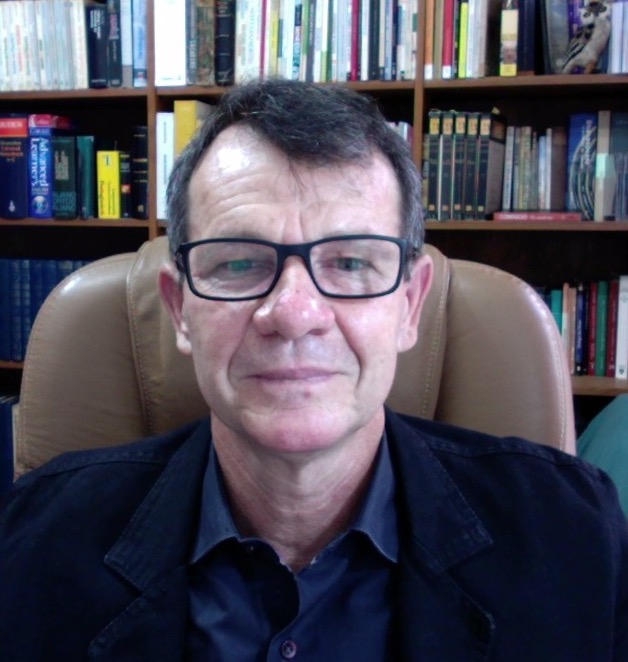
Luiz Rohden
Doutor em Filosofia rohden@unisinos.brPhD in Philosophy. Coordinator of PPG Filosofia Unisinos, Full Professor I and researcher at CNPq. Areas of Interest: Phenomenology Philosophical Hermeneutics from Heidegger, Ricoeur and Hans-Georg Gadamer Aristotle's Practical Philosophy Philosophy and Literature Philosophy as a way of life, taking care of oneself and the other from Plato Philosophy of Language Hermeneutics and Philosophy of Medicine Hermeneutics and Ecology.

Marco Antonio Oliveira De Azevedo
Doutor em Filosofia marcooa@unisinos.brI dedicate myself to researches in ethics, including metaethics, but mainly applied philosophy, healthcare ethics, bioethics and philosophy of medicine. I also study the subject of human enhancement. In moral theory, the famous trolley problems are a recurring topic in my research. I have a very special interest in the philosophical foundations of person-centered medicine and, even more contextually, in topics on the decision-making processes during the COVID-19 pandemics, including the problem of rationing beds and ventilators for critically ill patients. Im also interested in the philosophy of evidence-based medicine. In the context of the present pandemic, Im interested in issues about the ground of pharmacological and non-pharmacological decisions to control pandemic and clinical disease.

Nicola Claudio Salvatore
Doutor em Philosophy ncsalvatore@unisinos.brNicola Claudio Salvatore holds a BA in Philosophy (laurea Triennale in Filosofia, 2002-2006) and an MA in Philosophy from the Universitá di Bari- Aldo Moro (Italy), an MA in Philosophy from Birkbeck University (London, United Kingdom) and a PhD in Philosophy from the University of Edinburgh ( Edinburgh, United Kingdom). His mais areas of research are Epistemology, the Philosophy of Ludwig Wittgenstein and Philosophy of Religion.




